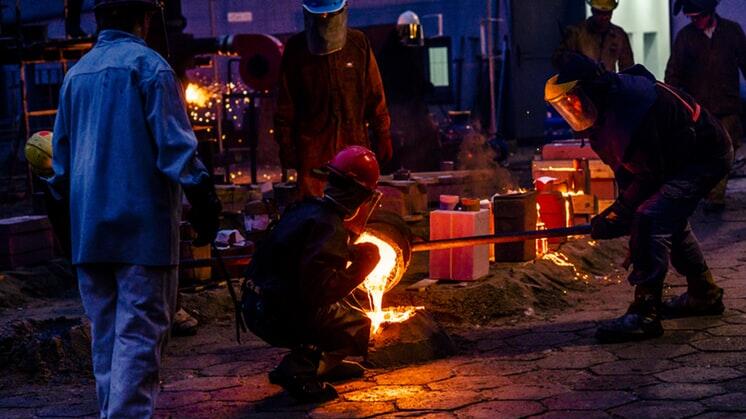 Circular Economy
Circular EconomyBusiness Practices
Emissions Impacts of Alternative Fuels Combustion in the Cement Industry
Summary
The paper investigates the decarbonization of the U.S. cement industry by examining the effects of replacing fossil fuels with alternative fuels on CO2 and non-CO2 pollutant emissions. Alternative fuels considered include biomass, waste materials, scrap tires, and sewage sludge. Although these fuels reduce total CO2 emissions marginally (1%-18%), their substitution can increase certain non-CO2 emissions due to higher pollutant concentrations in the alternatives. About 73% of U.S. cement plants are partially using alternative fuels; the paper explores scenarios with 20%, 50%, and 100% replacement, comparing the environmental impacts.
Findings indicate that waste oil and natural gas replacements show the greatest potential for CO2 reduction (up to 7% and 12%, respectively), while sewage sludge and scrap tires offer moderate potential. However, municipal solid waste and biomass achieve less significant CO2 abatement. Non-CO2 pollutants such as SO2 and NOx may increase or decrease depending on the alternative fuel used, with plastic waste and waste oil having the potential to significantly reduce SO2 emissions. Co-processing alternative fuels can also decrease particulate matter emissions by 8%-75%.
The study acknowledges that substituting conventional fuels with alternatives can mitigate waste and possibly reduce costs. However, co-processing waste-derived fuels is unlikely to achieve meaningful CO2 reduction, particularly if biogenic emissions are not regarded as carbon-neutral. It also highlights potential adverse health and environmental impacts on local communities, underscoring the importance of emissions regulations and control technologies.
Read original article Global Efficiency Intelligence



